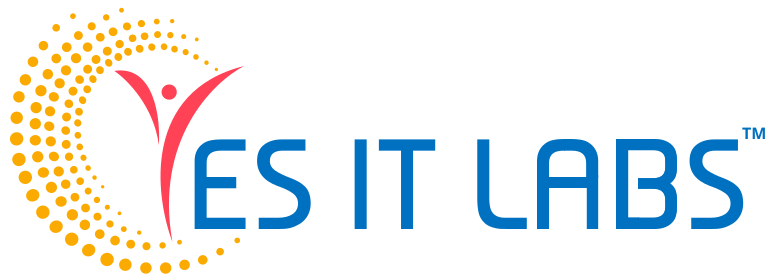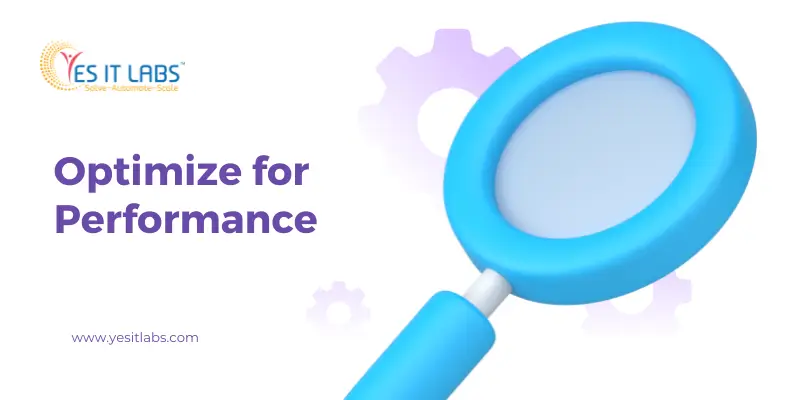Introduction
Hey there, tech enthusiasts! Ready to dive into the ever-evolving world of web development and learn how to build a Progressive Web App (PWA) in 2024? Buckle up, because we’re about to embark on a journey that combines the best of web and mobile experiences, bringing users a seamless and engaging interface.
What’s a PWA Anyway?
Before we get into the nitty-gritty details, let’s quickly refresh our memory on what a Progressive Web App is. In simple terms, a PWA is a web application development that provides a native app-like experience to users. It combines the best features of both websites and mobile apps, offering responsiveness, offline functionality, and lightning-fast loading times.
Step 1: Embrace Responsive Design
In 2024, responsive design is no longer an option; it’s a necessity. With a myriad of devices and screen sizes in play, your PWA must adapt gracefully to each one. This is not just about aesthetics; it’s about providing an optimal user experience, and search engines love it too!
Step 2: Harness the Power of Service Workers
Service workers are the unsung heroes of PWAs. These background scripts enable your app to work offline, load faster, and deliver push notifications. In 2024, leverage the latest advancements in service worker technology to ensure your PWA is not just functional but cutting-edge.
Step 3: Optimize for Performance
Speed matters. Users expect your PWA to load lightning-fast, and search engines reward speed with higher rankings. Employ techniques like code splitting, lazy loading, and efficient caching strategies to optimize performance. Your users will thank you, and so will Google.
Step 4: Create a Splash with App Shell Architecture
App Shell Architecture is a game-changer when it comes to the perceived performance of your PWA. It involves separating the core application infrastructure from the content, allowing for quicker initial loading and a smoother user experience. It’s like building a house—lay down the foundation first.
Step 5: Secure with HTTPS
Security is paramount in 2024. Ensure your PWA is served over HTTPS to protect your users and their data. Not only does HTTPS improve security, but it also enhances your app’s trustworthiness, a crucial factor for user retention.
Step 6: Make It Installable
One of the key features of PWAs is their ability to be installed on a user’s device, just like a native app. In 2024, optimize this feature to its fullest. Make the installation process seamless, and give users the feeling that your PWA is a native app residing on their device.
Step 7: Leverage Web App Manifests
Web app manifests are JSON files that provide essential information about your PWA. Customize these manifests to control how your app appears on the user’s device, including the icon, name, and theme color. It’s a small detail that makes a big difference.
Hire a Web Developer for Top-Notch Web Application Development
Building a cutting-edge PWA in 2024 requires expertise. Don’t hesitate to hire a skilled web developer to navigate the complexities of modern web development. A seasoned professional can help you implement the latest technologies, ensuring your PWA stands out in the competitive digital landscape.
Conclusion
As we navigate the dynamic landscape of web development in 2024, building a Progressive Web App is an exciting venture. By embracing responsive design, harnessing service workers, optimizing performance, and staying on top of the latest trends, your PWA can offer users an unparalleled experience. And remember, if you want to stay ahead of the curve, consider hiring a web developer to bring your vision to life. Happy coding!







